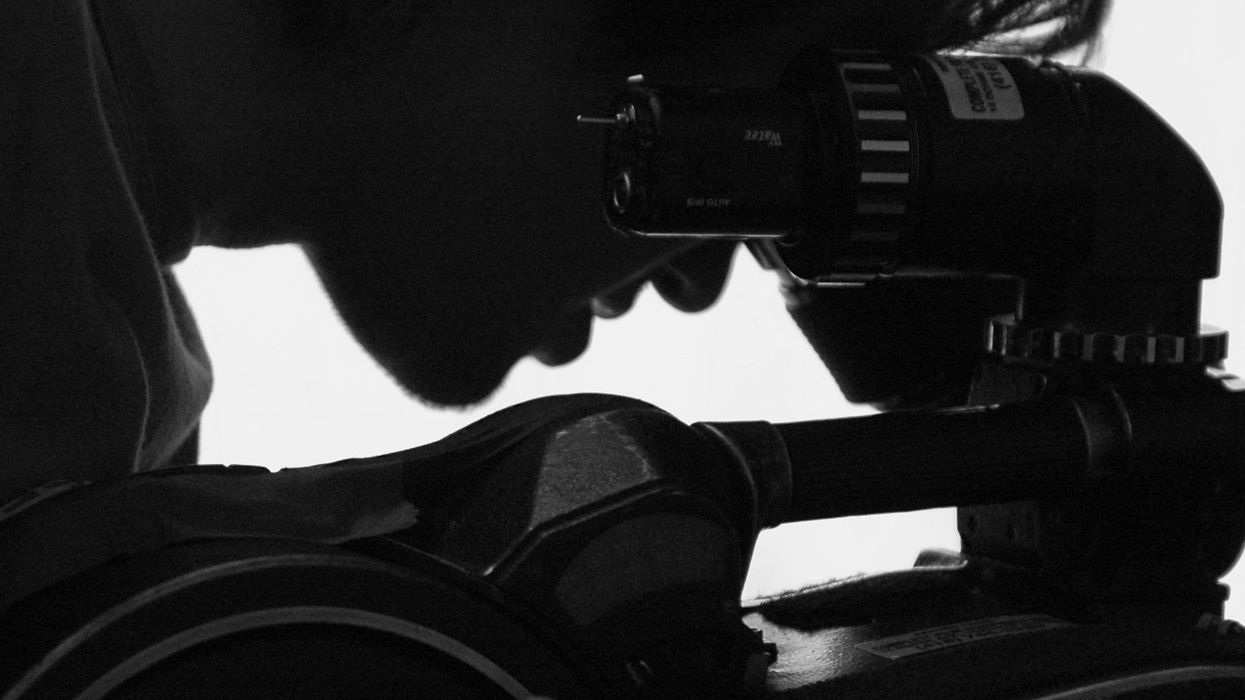10 Unpleasant Truths About Working for Free as a Cinematographer
Novice DPs often work for free, and if you are getting ready to start your own career behind the lens, you'll want to know why.

Working for free is something most people would never dream about doing, but cinematographers put up with it all the time. Some think this is an unethical flaw in the way the film industry is run, while others see it as a necessary evil in order to get their foot in the door. Regardless of which side you take, there are reasons why so many new DPs are expected to work without recompense.
Matthew Workman of Cinematography Database discusses 10 of these reasons in his latest video:
Before we get too far into this, I highly suggest watching Workman's video about how much cinematographers make at different levels of production. At any rate, here are the 10 reasons Workman gives as to why new DPs don't get paid:
- The "barrier to entry" is very low today, meaning that owning a camera and editing software isn't that big of a deal—anyone can own these things. You'll need to give clients more incentive.
- Workman doesn't mince words—at the beginning of your career, your work sucks.
- While you're learning your craft, can you expect clients to pay you?
- Workman has previously talked about 4 levels of production that pay DPs based on experience and other factors. If you fall in the "solo" tier, chances are you're not going to make any money.
- If you're starting out and don't have a reel or a resume, clients probably won't want to take on the risk of hiring you (unless you work for free).
- If you're trying to "level up" a tier, say from "indie" to "industry," working for free might convince clients to take a risk and reach back into a "lesser" tier in order to hire you instead of a qualified DP in the tier in which they're producing content.
- New DPs have to prove to clients that they are reliable. One way of doing this is by working for free on a smaller project (spec project) in order to give your client a better idea if they want to hire you for a bigger, more costly one (for money!).
- Being a DP isn't just about your camera and the pretty pictures you make. It's about the "intangibles"—how you work with others, how inspirational you are to your team, etc. Sometimes this means working for free in order to show clients the things your reel can't.
- Doing spec work is a major avenue in the industry for DPs to get noticed, but it doesn't pay.
- Workman describes his experience coming up as a DP, and guess what—he worked for free a lot.
So, there you have it. Surely that there are plenty of you who take issue with Workman's stance on this, and surely there are plenty of you who agree with him. I know that I've worked for free plenty of times and have been grateful for the opportunity, but I've also worked for free plenty of times and thought, "These guys couldn't pay me enough to do this again."
Let us know what you think about working for free in the film industry in the comments below.
Source: Cinematography Database













